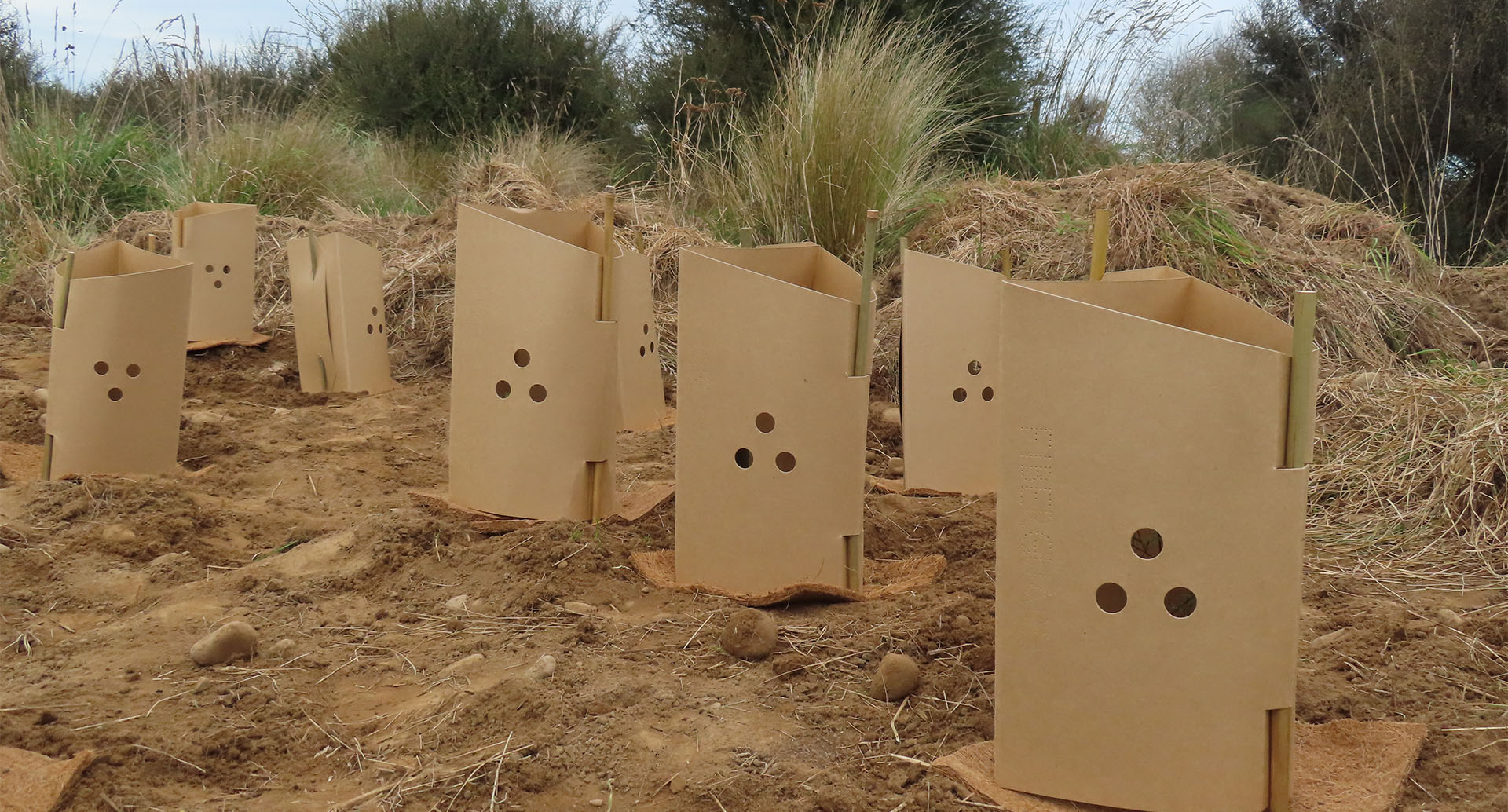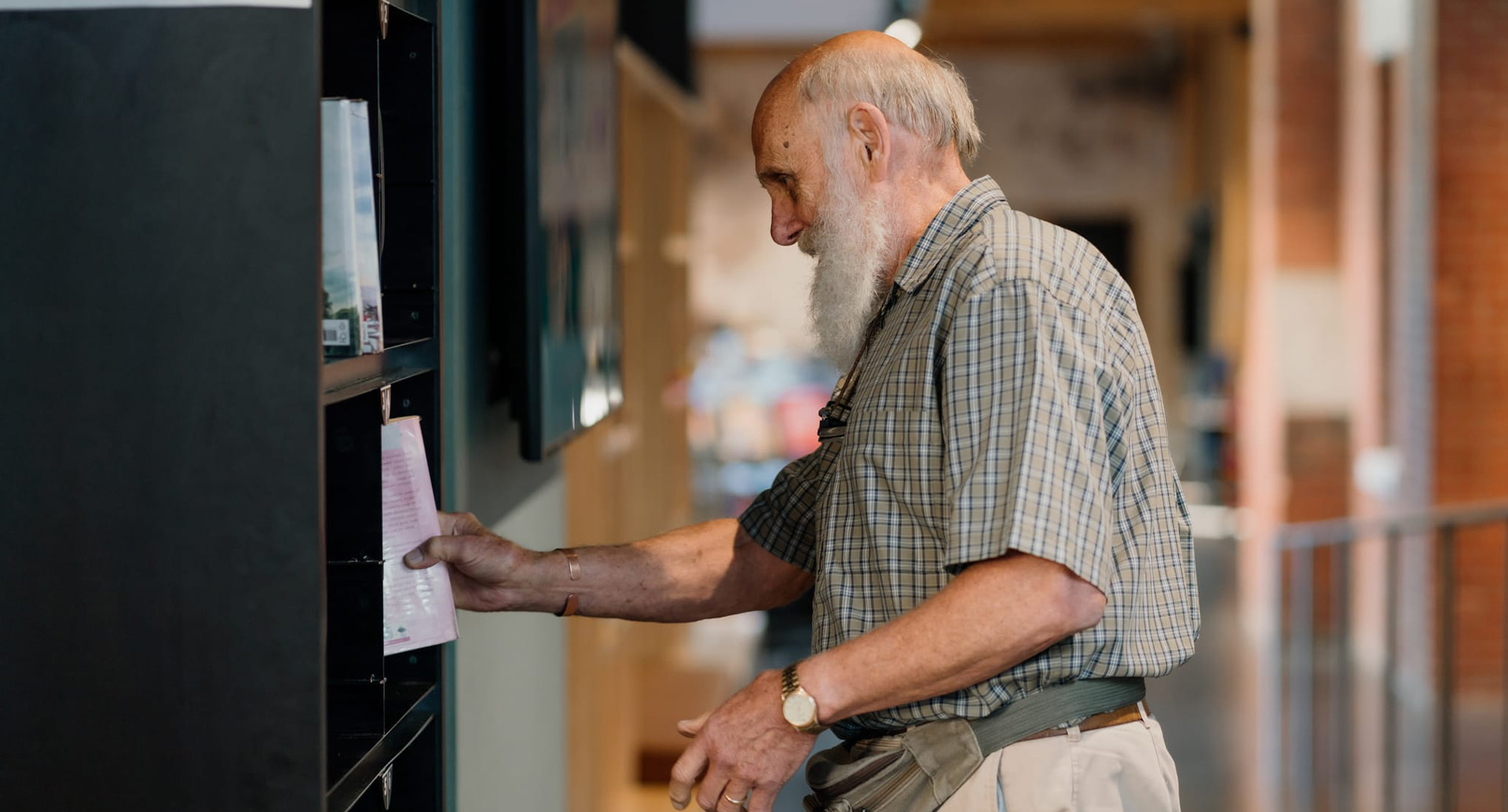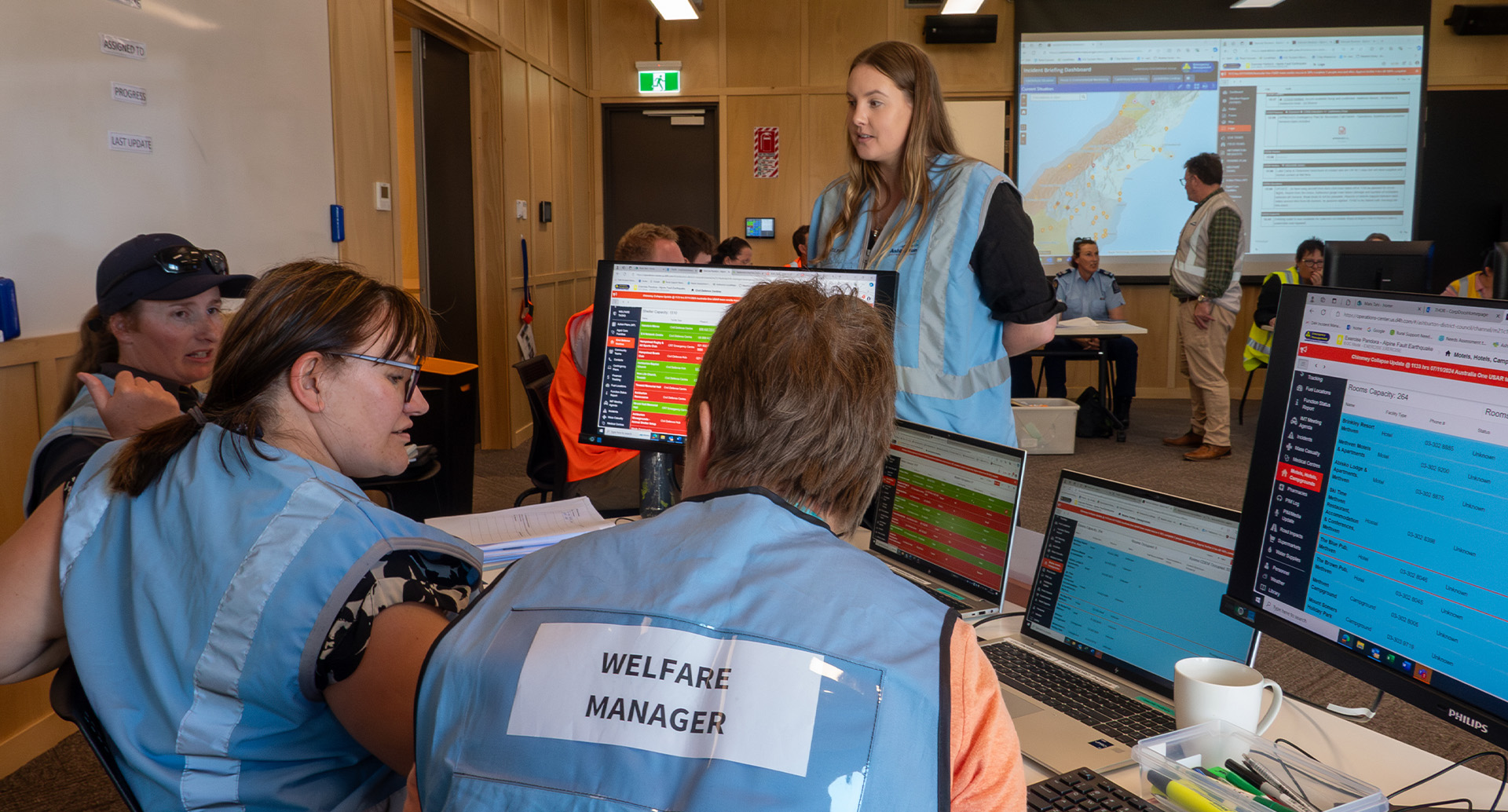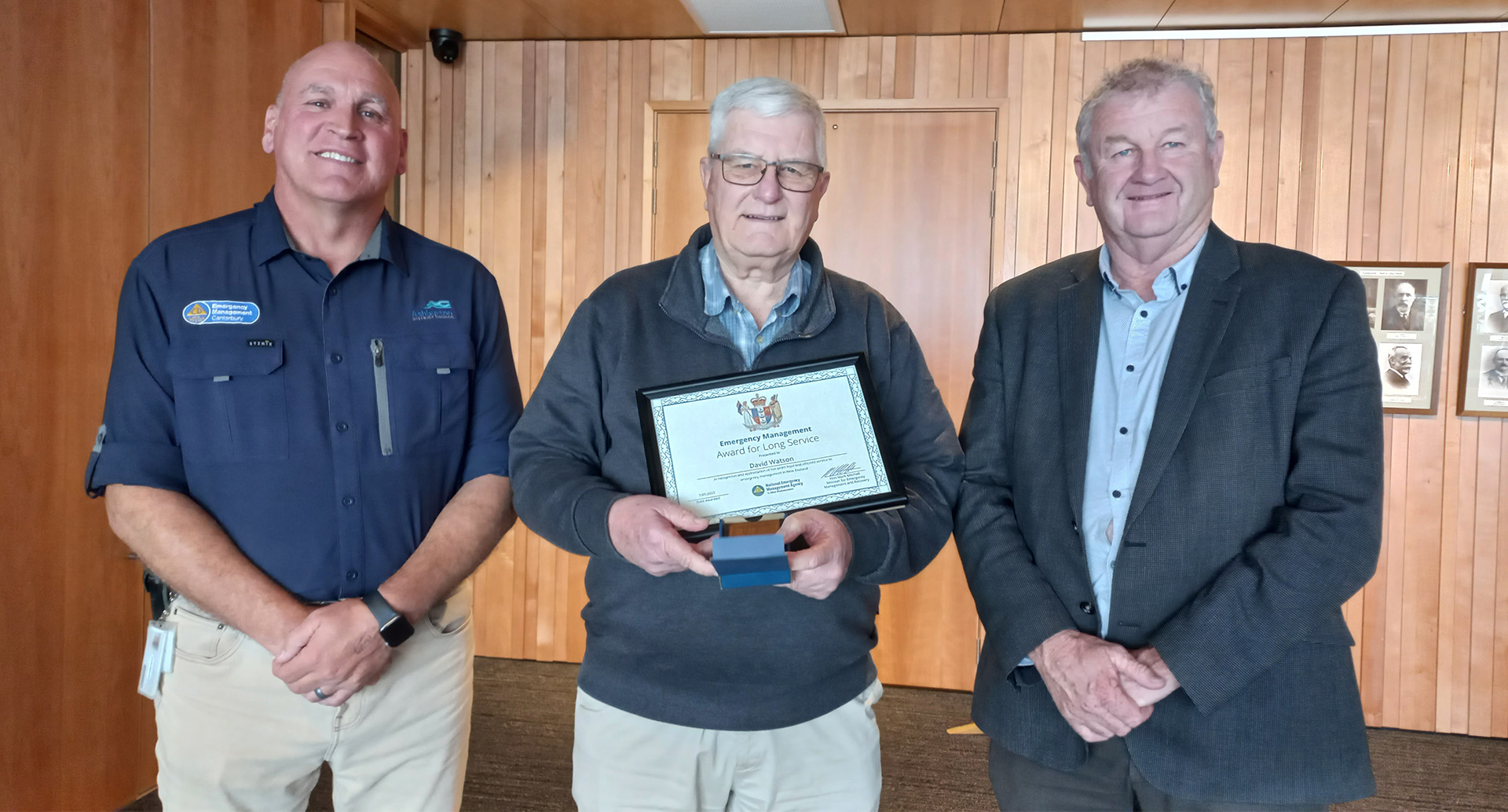Staying afloat during flooding
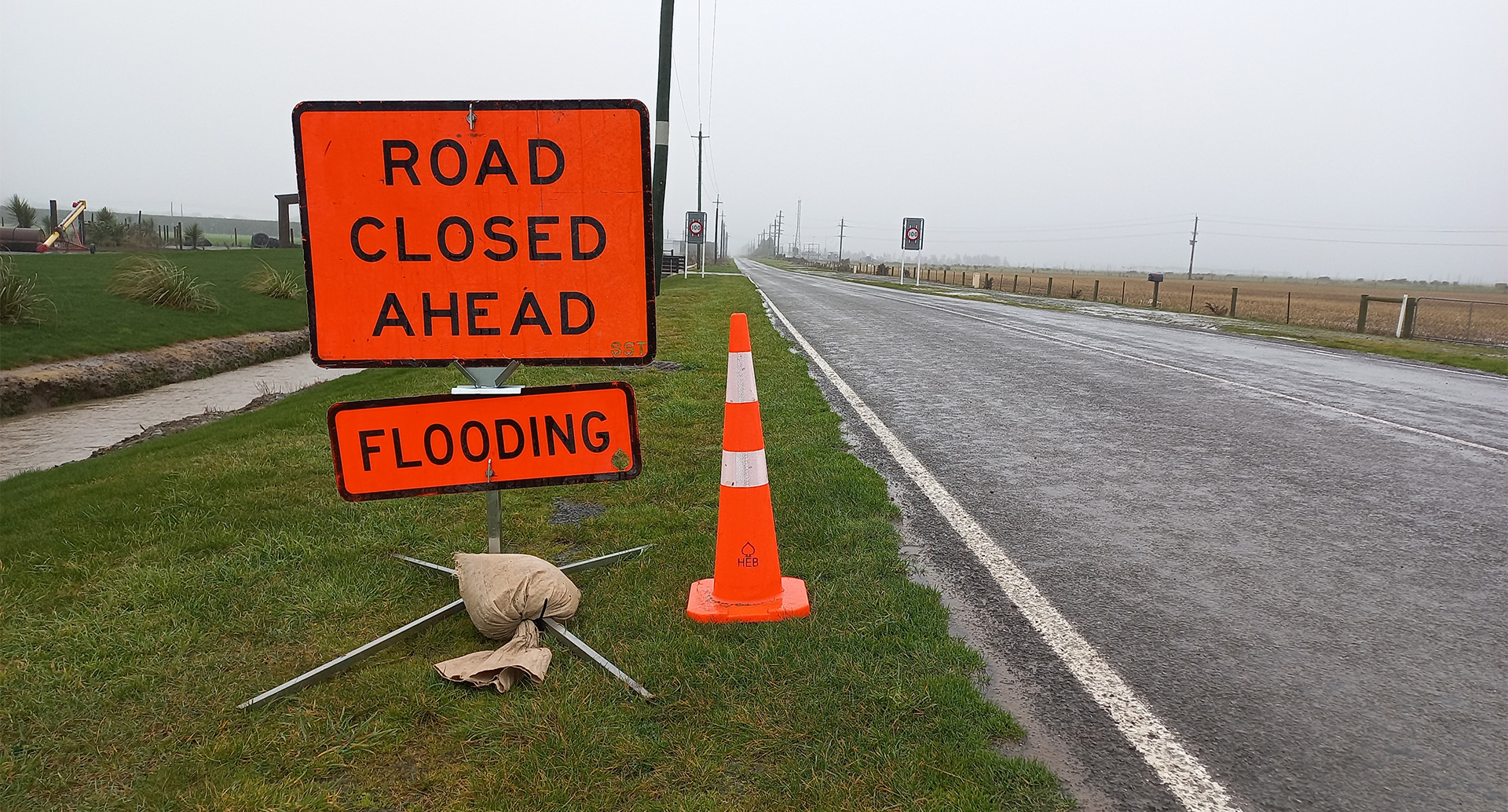
Some handy advice from Council's Emergency Management Officer Jim Henderson
Flooding is easily our most common natural hazard, and May, June and July are when our district is most at risk. The impacts of flooding can include blocked roads and bridges, disruption to water services and damage to homes or workplaces.
Fortunately, before the worst of the wet stuff arrives, we’re likely to have a series of warnings from MetService and valuable time to prepare.
There are a few simple steps you can take to help safeguard your home. It’s always a good idea to check that your gutters and downpipes are clear, this will minimise the risk of leaks around your eaves and help direct the water into the stormwater system.
If the gutters on your street start overflowing, check to see if the nearest drain has become blocked. Council will have crews deployed and you can reach the after-hours service 24/7 by calling (03) 307 7700. If it’s safe for you to do so, clearing debris away from the grate with a broom or rake can often be enough to get water flowing again.
In extreme events, the stormwater system will become overwhelmed, and rivers could be at risk of breaking out of their banks. In these cases, you may need to take further measures, particularly if you know your area is flood prone.
Check your grab bag is ready in case you need to evacuate and work out what supplies you might need. Remember if you leave, you’ll need to take your pets with you.
Move valuable or dangerous items as high above the floor as possible, including electrical equipment and chemicals. Use watertight containers to store important items and lift curtains, rugs and bedding off the floor.
Sandbags around the bottom of any entrances can be effective at keeping water out of your home, check my earlier column on the Council website for tips around buying or making your own sandbags.
Never try to walk, swim or drive through flood water. Road damage and hazards are likely to be hidden below the surface and flood water is often contaminated with runoff or sewage. Thoroughly wash your hands, clothes and property after any contact with flood waters.
If your property does get damaged, take plenty of photos and contact your insurance company as soon as possible. Throw away any food that has come into contact with floodwater and avoid using tap water for drinking or cooking until you’ve been told it’s safe.
As with any event, it’s critical to stay informed. Tune into local radio stations or check the Council’s website and Facebook page for Civil Defence updates on evacuations, health hazards, boil water notices and any road or bridge closures.
This column first appeared in the Ashburton Courier
Share this article
Latest News
Local Elections: Are your enrolment details up to date?
Carters Creek planting volunteers sought
Survey gathers experiences of residents 55 and over
EA Networks supports Glow in the Park for 2025
Civil Defence: From response to recovery
Road Closures
BLANDS ROAD
from 17 May 9:00 to 17 May 16:30
WITHELLS ROAD CLOSURE
from 17 Apr 6:00 to 9 May 18:00
EALING ROAD CLOSURE
from 17 Apr 6:00 to 9 May 18:00
TREVORS ROAD
from 7 Apr 7:00 to 27 Jun 18:00
MICHAEL STREET
from 7 Apr 8:00 to 7 Apr 17:00
View all Road Closures | Live map

